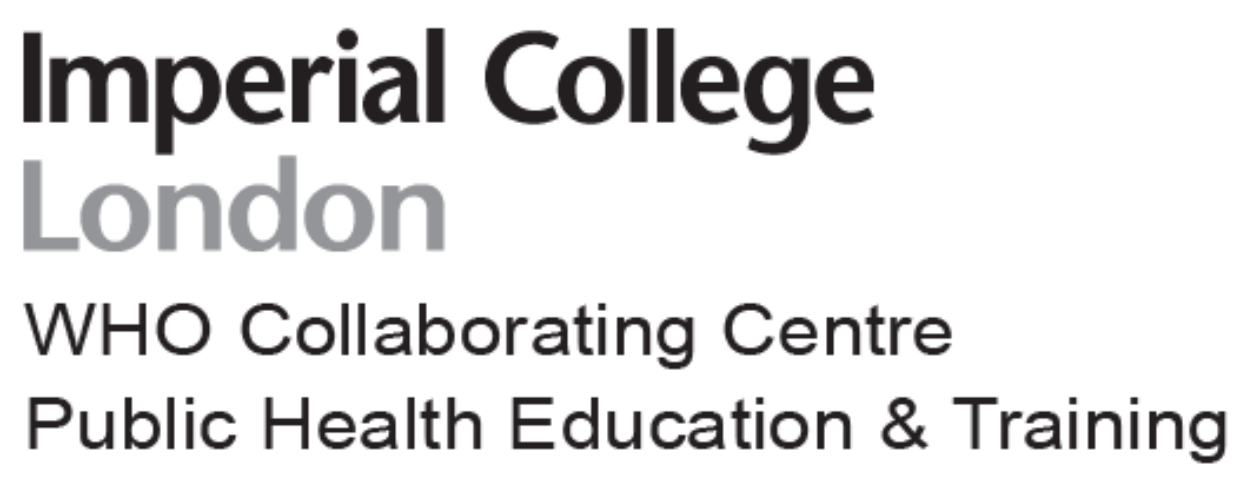WHO CC-UNICEF Leadership and Health Management Training – Kenya
On the 13th of September, members of the WHO Collaborating Centre left to Nairobi, Kenya to conduct a one-week course on Leadership and Health Management. The training, held in partnership with UNICEF Somalia Country Office, targeted high-level health officials of the Somali Ministry of Health, as well as WHO and UNICEF country officials.
Somalia is a low-income country in Sub-Saharan Africa, currently suffering from severe civil conflict and devastating consequences: gross domestic product (GDP) per capita and human development outcomes are among the lowest in the world. Access to health services is poor, with health workforce being staggeringly low, at 0.4 physicians per 10 000 population. Life expectancy at birth is on average 53 years, maternal mortality is 1,200/100,000 and infant mortality rates are estimated to be 108 deaths per 1,000 live births: one in every ten children dies in their first year.
The people of Somalia suffer from many health- and conflict-related difficulties and a lot remains to be done to improve the country’s current situation. One area which is expected to have a major impact on population health is capacity building. The WHOCC leadership training aims to provide current national, regional and local leaders and decision makers the necessary management and leadership skills to cope with every day as well as crisis situations. By becoming better leaders, health officials will be able to contribute to the improvement of the Somali health system and to provide more effective services to the population.
The sessions of the course, conducted by Professor Salman Rawaf, Dr Omar Najim, Dr Sondus Hassounah and Emilie Karafillakis, were almost entirely taught using a “Problem-based learning” system, including the use of case studies, group work and interactive exercises. Participants were given the opportunity to spend a morning in the shoes of prime ministers or ministers of health to understand the processes of decision-making and policy planning at the highest levels. Throughout the course and by means of very hands-on exercises, participants developed leadership skills such as delegation, team work, or evidence-based decision making. Each day was dedicated to a specific area of health management: from leadership skills to quality of care, management in health, policy and strategy, and governance.
The stunning landscapes and the wonderful climate of Kenya allowed a last minute team building exercise in the Nairobi National Park. The safari brought participants together in a fun and informal manner. After receiving their certificates, participants returned to Somalia, with the skills and tools to inspire and influence those around them.
The course provided a great opportunity to meet with local stakeholders (including Somali Health Director Generals, WHO and UNICEF members) and discuss how the WHOCC can support Somalia’s health system improvement. We are pleased to announce that a new collaboration steamed from the course and these discussions and after meeting with the Somaliland Minister of Health, we have agreed to support them in three areas: 1) assessment of the current health system and generation of evidence for development, 2) providing a robust model for primary care, and 3) capacity building, in particular in primary care, public health, leadership, management, and governance.










